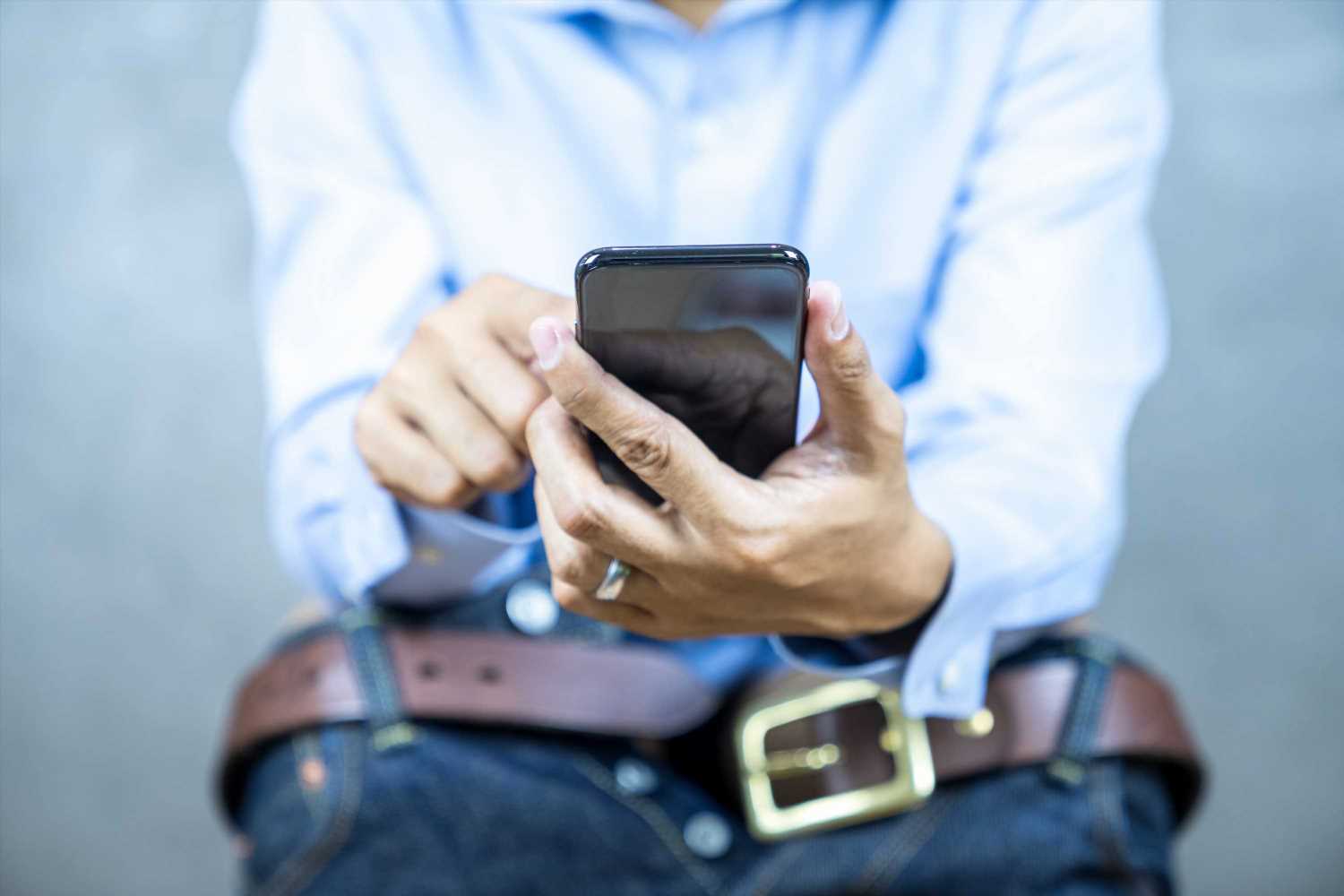USING your phone on the toilet is a common way to pass the time — but it could put you at risk of haemorrhoids, a doctor warns.
Dr Sara Mesilhy, a gastroenterologist at the Royal College of Physicians, told The Sun sitting on the loo for too long could boost your chances of the painful condition.
Up to a third of Brits suffer with haemorrhoids, also known as piles, which are lumps in or around your bottom caused by blood vessels becoming enlarged.
They can be symptomless and clear up in a few days but can also cause agony and discomfort when nature calls.
In some cases, you may need to see a pharmacist to get creams to ease the pain, itching and swelling, or treatment to help with constipation.
Here, Dr Mesilhy takes you through how using your phone on the toilet may make you more likely to suffer the condition.
How Sitting On The Toilet For Too Long Can Cause Haemorrhoids
Sitting too long on a hard toilet can cause pressure which contributes to inflammation in haemorrhoidal tissue which can cause blood to pool around the rectum and anus, potentially leading to haemorrhoids.
The shape of the toilet seat puts additional pressure on the rectum and anus, leading to swollen veins.
Prolonged toilet sitting may also lead to rectal prolapse, a condition where parts of the intestine protrude outside of the anus but this is rare.
When it does happen, it is more common among young children and the elderly but can be exacerbated by spending excessive time on the toilet with your mobile phone.
Most read in News Health

Mum shares heartbreak at learning truth behind tiny bruise on baby's eye

I woke up choking – what medics found in my throat was the stuff of nightmares

Outbreak fears as man, 28, 'critical' with coronavirus with 35% mortality rate

The little-known symptom of bowel cancer you might spot walking around the house
You Should Limit Phone Usage On The Toilet
To mitigate these risks, I would advise avoiding extended periods of sitting on the toilet and being mindful of spending too much time there.
By adopting healthier toilet habits, you can lower the chances of developing haemorrhoids and prevent related problems effectively.
I would recommend limiting toilet sitting to about 10 minutes on average per session to avoid the accumulation of blood in the rectal veins and the subsequent development of painful haemorrhoids.
If you are going to use your phone while using the toilet, be mindful of how long you are sitting there.
Be Careful Of Sanitary Conditions
Using a mobile phone on the toilet is also unsanitary and can be a magnet for bacteria.
Studies suggest that mobile phones can harbour germs and bacteria, and taking them to the bathroom can expose the device to various pathogens present in the environment.
This exposure can lead to potential health risks, including urinary tract infections, abdominal pain, diarrhoea, and other infections.
I would advise avoiding using your phone in the bathroom to reduce the risk of contamination as well as for preventing haemorrhoids.
Symptoms Of Haemorrhoids
The most common symptoms of haemorrhoids include:
- Bright red blood in the stool, on toilet paper, or in the toilet bowl.
- Pain and irritation around the anus.
- Swelling or a hard lump around the anus.
- Itching in the anal area.
Treatment Options
There are various treatment options for Haemorrhoids and these include using topical treatments like haemorrhoid creams and suppositories containing hydrocortisone or witch hazel pads.
Increasing water and fibre intake, improving toilet habits, and taking sitz baths can also provide relief.
Read More on The Sun
British Airways staff forced to serve KFC when they FORGOT inflight food
I’m the catfish queen – trolls say my transformation should be illegal
In more severe cases, medical procedures like hemorrhoidectomy may be required.
I would advise you to consult with a healthcare professional for personalised advice and treatment.
Source: Read Full Article



